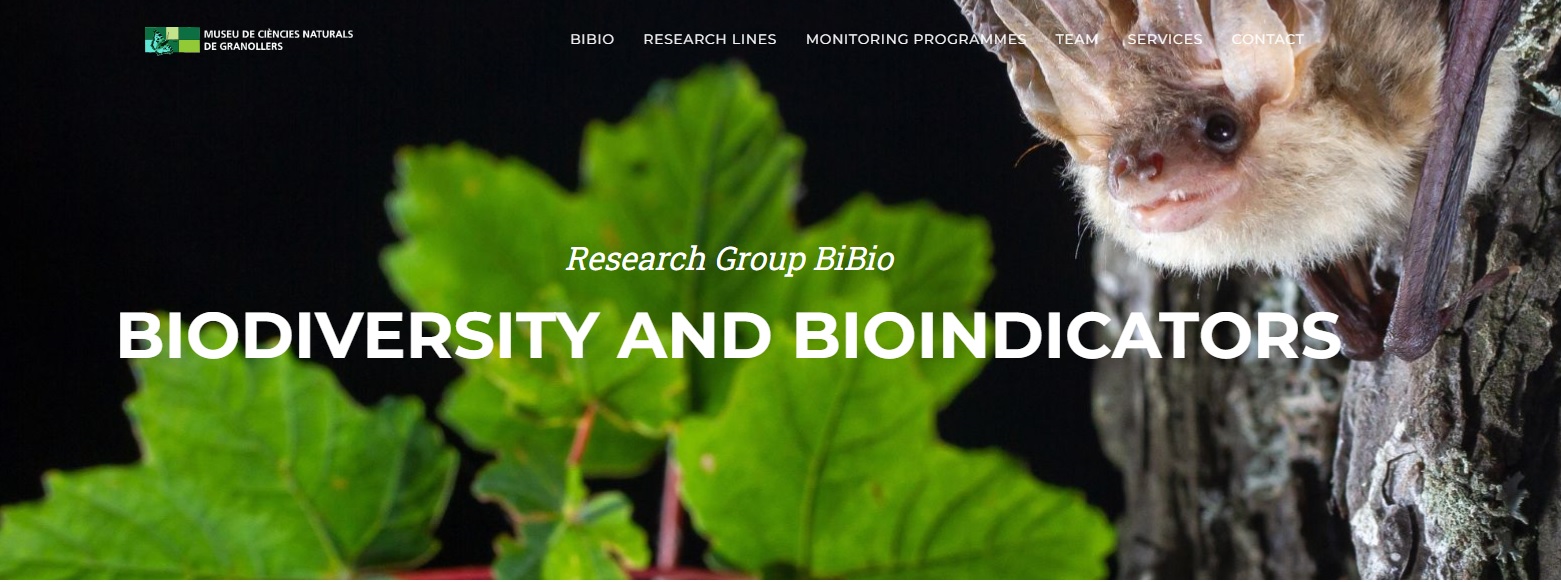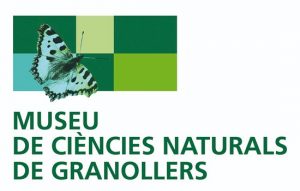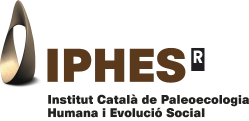Home
The EBRS is back!
2-6 September - Tarragona (Catalonia, Spain)
European Bat Research Symposium
The European Bat Research Symposium is a triennial scientific conference dedicated to the study and conservation of bats in Europe. Researchers, conservationists, and enthusiasts from around the world gather to exchange knowledge and discuss recent advancements in bat science and conservation efforts. The symposium typically covers a wide range of topics, including bat ecology, behaviour, physiology, genetics, and habitat conservation. It serves as a platform for presenting research findings, fostering collaboration, and sharing best practices in bat conservation. The event often includes workshops, field trips, and networking opportunities to facilitate discussions and enhance the understanding of these fascinating nocturnal creatures. Overall, the European Bat Research Symposium play a crucial role in promoting awareness and facilitating research to protect and conserve bat species across Europe.
Tarragona: World Heritage City
Tarragona (the ancient roman city Tarraco) is an ideal conference venue for naturalists and scientists, nested in the Costa Dorada. It has 15-kilometre coastline, dotted with stunning Mediterranean landscapes, multiple beaches, mot of them easily-accessible, alluring coves with crystalline waters. Its natural surroundings provide broad opportunities for fieldtrips and exploration. The Montsant Natural Park and the Ebro Delta are located nearby, providing unique ecosystems for hiking, birdwhaching or bat-seeing. Tarragona is steeped in history, with well-preserved Roman ruins and medieval architecture. This cultural richness adds an extra layer of intrigue to any conference, providing attendees with an opportunity to explore both natural and historical wonders.
 |
 |
| Tarragona beaches | Wetlands from Ebro Delta |
 |
 |
| Roman Aqueduct | Flamingos in the Ebro Delta |
Host institution: BiBio Research Group
As biodiversity is becoming increasingly threatened by global change, robust methods for measuring current trends of wildlife populations are urgently needed. Monitoring programmes based on citizen science have become a central part of the conservation of biodiversity worldwide.
The BiBio Research Group (www.bibio.org) has a long tradition of coordinating successful biodiversity monitoring programmes. We coordinate four monitoring programmes based on citizen science, covering a wide range of taxa, including bats (www.batmonitoring.org), as the core part of our research lines. More particularly, we investigate population trends of common and endangered species and how they are affected by the global change. Collected data from these programmes is also used to evaluate the ecosystem services they provide, especially in relation to sustainable agriculture and integrated pest-management.








